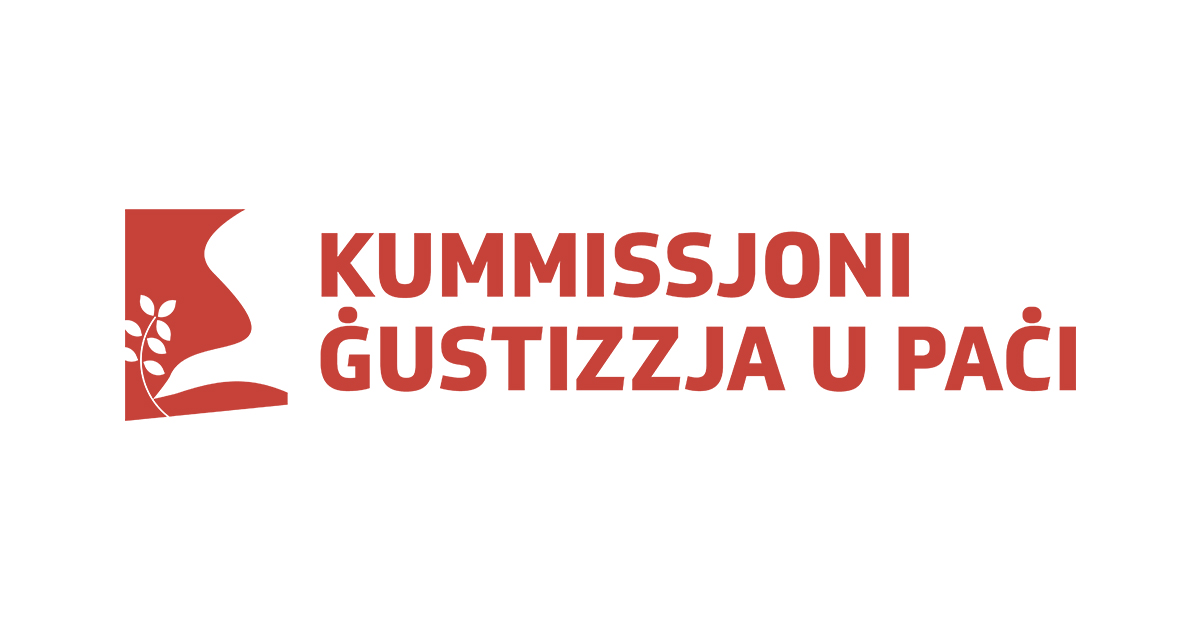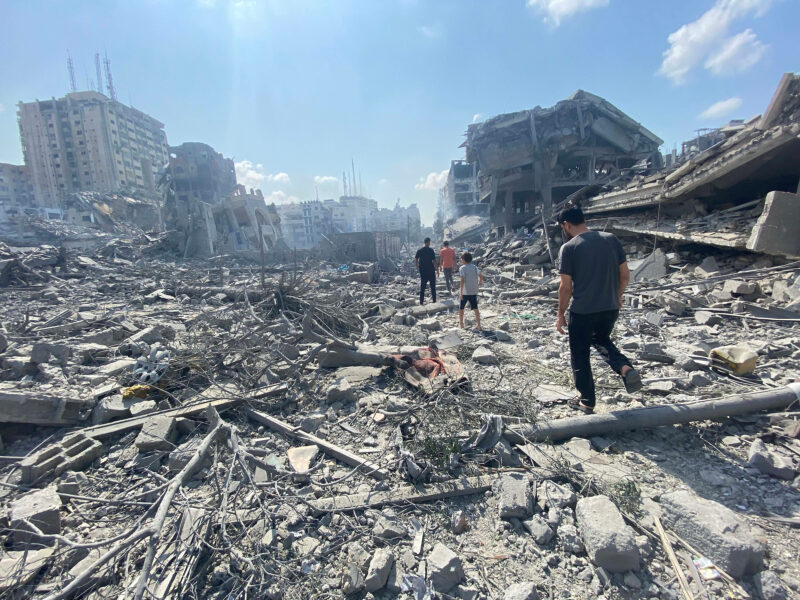On 29 February 2024, at least 118 hungry Palestinians were killed and 760 injured in Gaza City. Instead of food, they found death. Instead of bread, they encountered violence. Since then, the levels of hunger and suffering endured by Palestinians in Gaza have worsened, whilst countless thousands have lost their lives in the violence which was unleashed as retribution for the horrific 7th October attack on Israel. As we enter Holy Week, humanity seems to be trapped in an endless cycle of senseless violence and cruel injustice. In this context, what does the folly and scandal of the Cross offer in terms of a counter-narrative which challenges this bleak and seemingly hopeless scenario?
In the days and weeks following what came to be known as the “flour massacre”, various photos of blood-stained bread and flour bags circulated online. These photos speak volumes about the absurdity of violence and about the cruelty of pushing people into situations where they have to risk their lives just to eat and survive. But, for believers, they also remind us of the Bread broken during the Last Supper. They remind us of Christ’s sacrifice and of God’s absolute no to violence, spoken on the Cross and renewed every time we celebrate the Eucharist, the “sacrament of non-violence”[1].
In a world riven with violent brutality, the reality is that all those who promote the path of non-violent resistance[2] and work for peace are immediately labelled as naïve at best and traitors at worst. And yet, Benedict XVI observed that precisely because in the world “there is too much violence, too much injustice”, the situation cannot be overcome except by countering it with more love, and more goodness. This ’more’ comes from God”[3]. According to Pope Benedict, this love of one’s enemy, shown in an eminent way by Christ on the Cross, is the nucleus of the Christian revolution and is the way of being of those who are “so convinced of God’s love and power that he or she is not afraid to tackle evil with the weapons of love and truth alone.”
Love and truth are precisely the “weapons” of Christ’s victory on that Cross we contemplate during Holy Week. Such love, however, requires great courage. Last October, in a letter to the faithful of Jerusalem, Cardinal Pizzaballa, Latin Patriarch of Jerusalem described in poignant detail the courage required in these trying times:
“To have the courage of love and peace here, today, means not allowing hatred, revenge, anger and pain to occupy all the space of our hearts, of our speech, of our thinking. It means making a personal commitment to justice, being able to affirm and denounce the painful truth of injustice and evil that surrounds us, without letting it pollute our relationships. It means being committed, being convinced that it is still worthwhile to do all we can for peace, justice, equality and reconciliation.”[4]
It takes indeed a lot of courage not to look away from the blood-soaked bread and brethren of our times. During this Holy Week let us ask God for the grace of courage to denounce the intolerable violations of human dignity to which we have become sadly accustomed, whilst announcing, by the way we treat each other as individuals, within society and in international relations, the Good News of the Crucified and Risen Christ who broke the logic of violence and ushered in the hope of new life when all seemed lost.
Mark Cachia
[1] https://www.vatican.va/liturgical_year/holy-week/2005/documents/holy-week_homily-cantalamessa_20050325_en.html
[2] https://www.vatican.va/content/francesco/en/messages/peace/documents/papa-francesco_20161208_messaggio-l-giornata-mondiale-pace-2017.html
[3] https://www.vatican.va/content/benedict-xvi/en/angelus/2007/documents/hf_ben-xvi_ang_20070218.html
[4] https://www.catholicnewsagency.com/news/255786/in-letter-to-diocese-patriarch-pizzaballa-urges-it-is-time-to-stop-this-war



